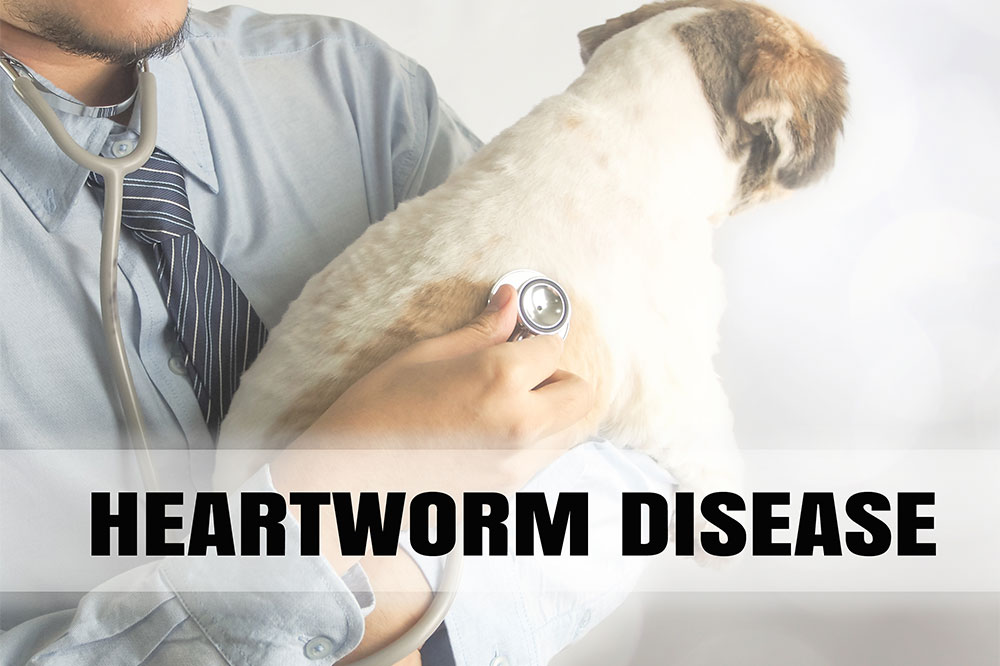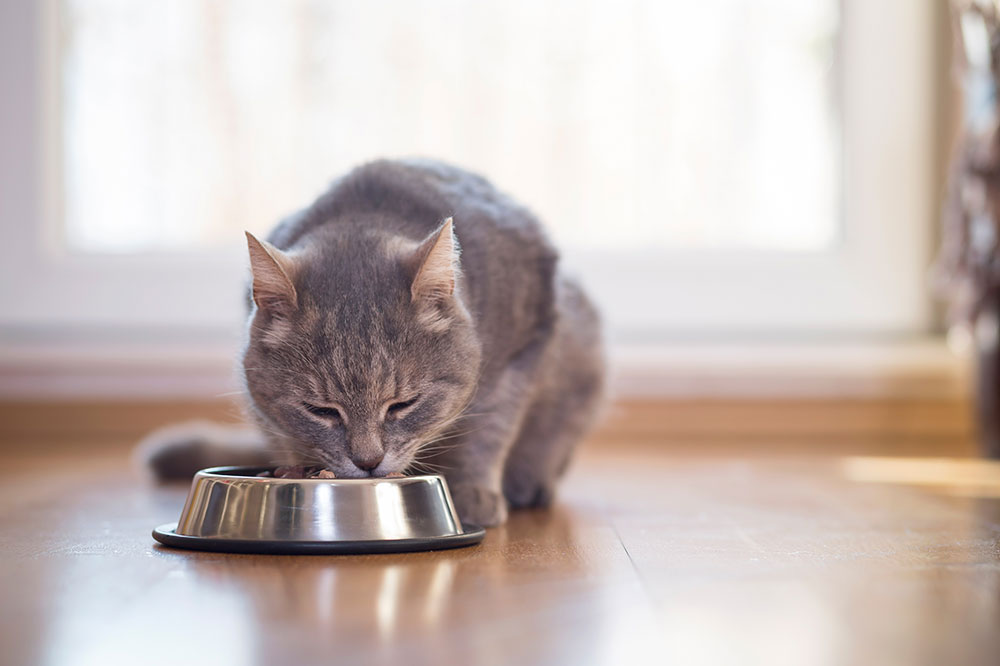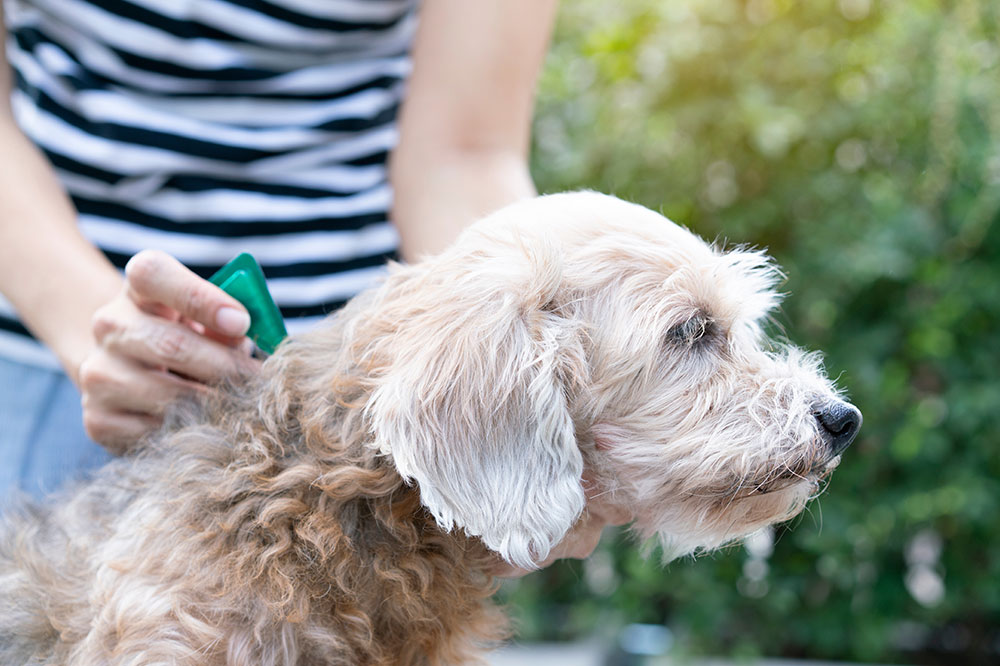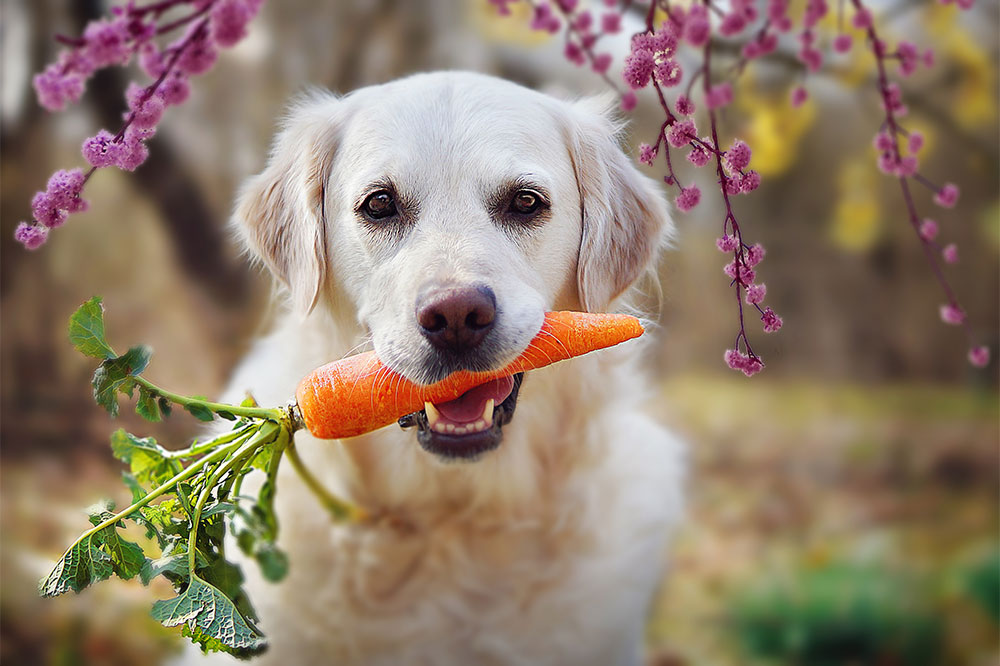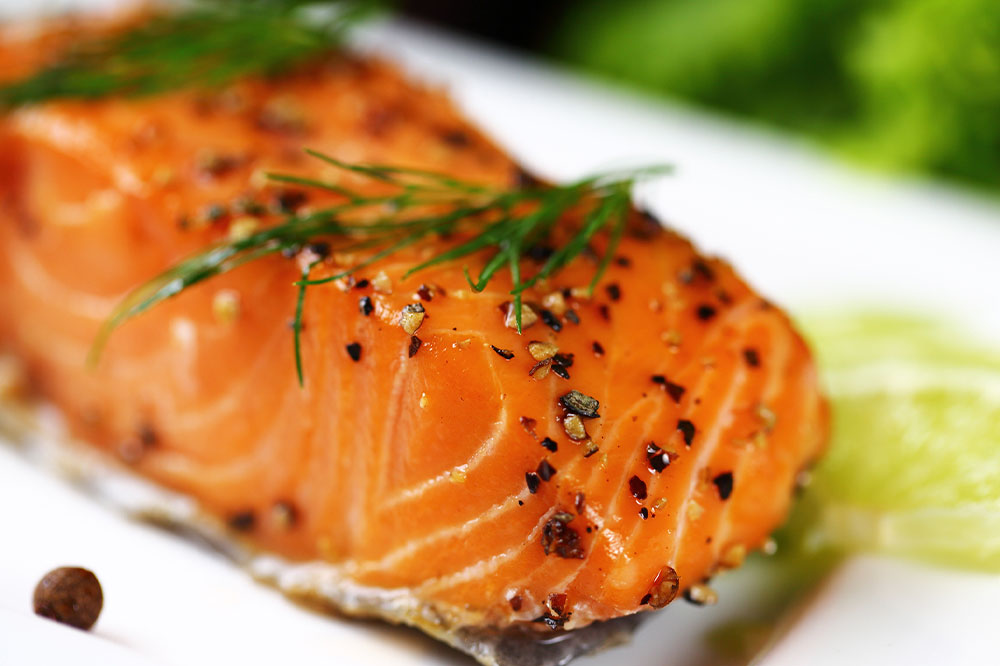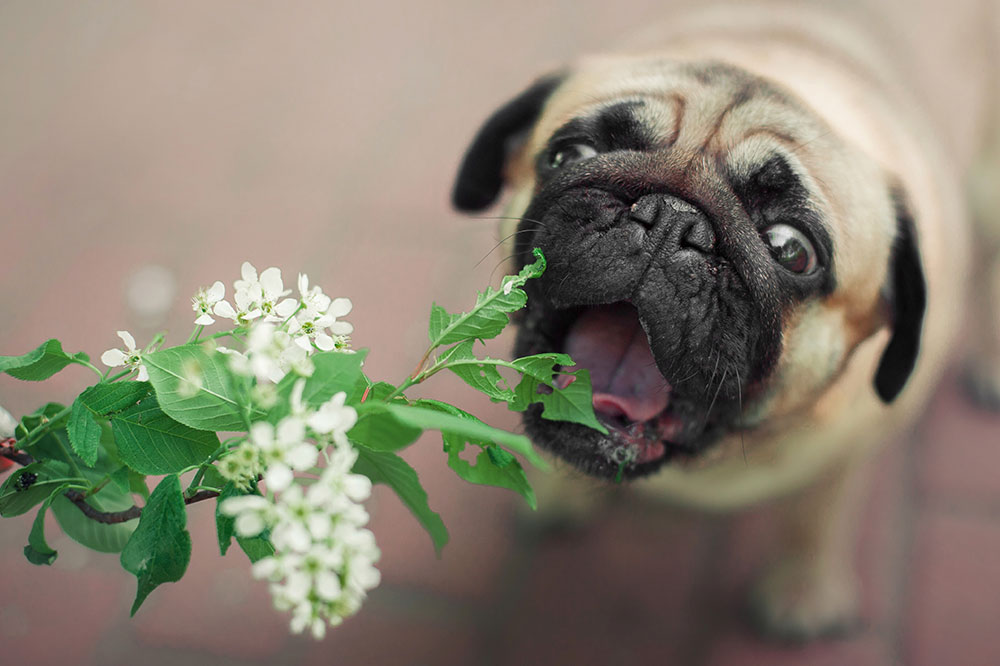5 medicines that help prevent heartworm in dogs
Heartworm, a type of parasite, is transmitted through mosquitoes. The parasites directly go to the pulmonary artery and heart of a dog. The symptoms are often severe and require urgent medical care and hospitalization. Most dogs need months of care and rest to get back to normal after treatments. This is why dog parents need to take preventative measures against heartworm infection. Here are some of the commonly used heartworm prevention medicines for dogs: Simparica Trio® This is one of the most popular heartworm preventive medicines for dogs. Simparica Trio is used for the prevention of multiple infections. Along with preventing heartworms, this medication can be used to treat stomach worms, hookworms, and roundworms. This is a chewable tablet. The preventive treatment with Simparica Trio usually begins with pups as young as eight weeks old. Heartgard Plus Heartgard Plus, one of the top choices for heartworm prevention in dogs, is an oral medication. Its popularity is because of the flavor that it comes in–beef. This medication has two major ingredients: ivermectin and pyrantel pamoate. Both of these are effective in the treatment and prevention of various common infections that affect dogs. These include heartworm, hookworm, roundworms, among others. Tri-Heart® Plus This heartworm prevention medicine for dogs is often a generic alternative to most other medications, including Simparica Trio.
Read More 